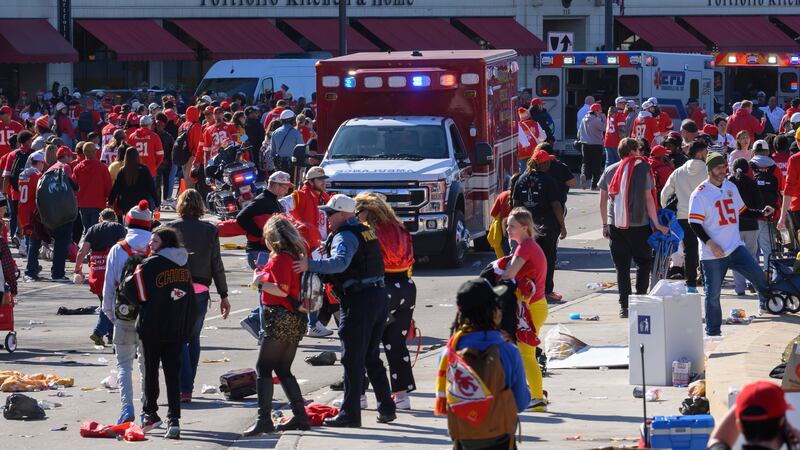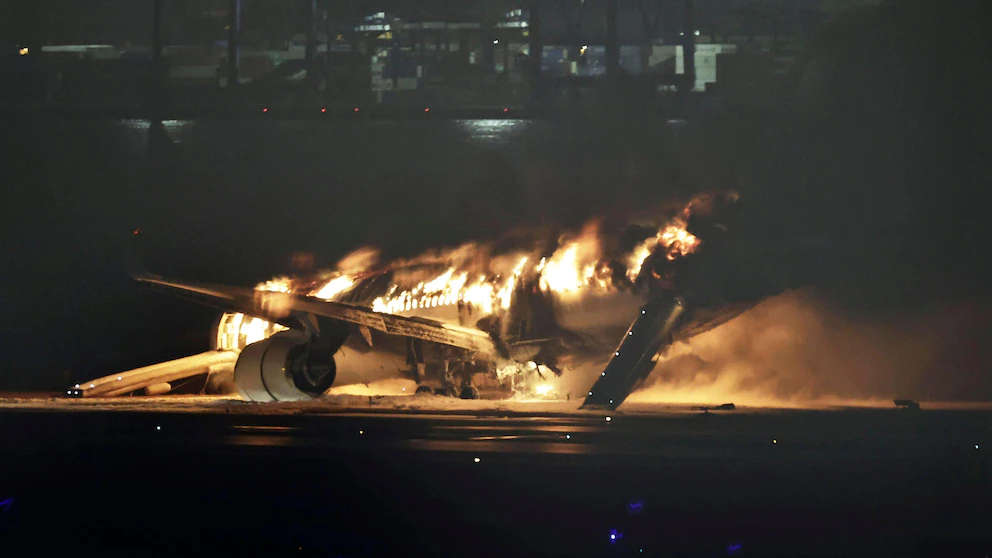Tensions have flared once again in the South Caucasus as Azerbaijan’s military operations in Nagorno-Karabakh entered a second day. The conflict, which Azerbaijan has labeled “anti-terror” operations, shows no signs of abating, with the country vowing to continue until Nagorno-Karabakh’s ethnic Armenians surrender. Here’s what you should know about this ongoing crisis:
The Ongoing Conflict
- Azerbaijan’s military actions in Nagorno-Karabakh have persisted for over two days, with no immediate resolution in sight. The conflict centers around the breakaway region of Nagorno-Karabakh, which is internationally recognized as part of Azerbaijan.
- The situation escalated after Azerbaijan issued an ultimatum, demanding the “illegal Armenian military formations” dissolve and their “illegal regime” come to an end.
- The conflict comes after a previous war between Azerbaijan and Armenia three years ago, which ended with a truce monitored by Russian peacekeepers.
Humanitarian Impact
- The offensive has resulted in casualties, with Nagorno-Karabakh authorities reporting 27 deaths, including two civilians, and numerous injuries since the conflict began.
- Russia has been involved in evacuating civilians from at-risk areas, moving almost 500 individuals to safety, while separatists claim to have aided in relocating 7,000 people.
Factors Contributing to the Conflict
- The conflict has been brewing for months due to a blockade imposed by Azerbaijan on the Lachin Corridor, the only route into Nagorno-Karabakh from Armenia.
- Azerbaijan initiated its recent operation following two landmine explosions that claimed the lives of six individuals, including four police officers.
International Response
- Both Russia and the United States have called on Azerbaijan’s President, Ilham Aliyev, to halt military action immediately.
- The United Nations Secretary-General, Antonio Guterres, has urged for an immediate ceasefire and the adherence to international humanitarian law and the 2020 ceasefire agreement.
Regional Dynamics
- The Armenian population in Nagorno-Karabakh has faced challenges due to the blockade, and the recent Azerbaijani operation aims to reclaim the region.
- Armenia, a member of the Russian-led CSTO military alliance, has seen strained relations with Moscow, while Azerbaijan enjoys support from its ally, Turkey.
The Path Ahead
- The situation in Nagorno-Karabakh remains highly fluid, with developments continuing to unfold. The international community is closely monitoring the conflict, emphasizing the urgency of a ceasefire and the protection of civilians.
This conflict underscores the fragility of the situation in Nagorno-Karabakh and the importance of diplomatic efforts to find a lasting resolution. Stay updated on the latest developments as this situation unfolds.
Image Source: Google














